Selling a Home? Don’t Waste Time and Money On These 10 ‘Improvements’

When preparing to sell your home, it’s natural to want everything to look its best. After all, you want to attract buyers and get the best price possible. But not all upgrades are created equal—some “improvements” end up costing more than they’re worth, and others can actually turn off potential buyers. The key is to focus on what really matters to buyers while avoiding projects that won’t boost your bottom line. Before you pour time, effort, and cash into a pre-sale renovation, take a moment to understand which projects you can skip. Here are 10 common upgrades that usually aren’t worth the investment.
1. Over-the-Top Landscaping Projects

Curb appeal is significant, but extravagant landscaping can be a misstep. Buyers often perceive intricate gardens as requiring excessive upkeep, which can be a deterrent. Instead of admiring the beauty, potential buyers might be calculating the hours needed for maintenance, which detracts from the home’s allure.
It’s also worth considering that tastes in garden design vary greatly. While a lush garden might win you over, others might envision a simpler, more manageable space. Buyers want homes they can personalize without feeling overwhelmed by previous owners’ choices.
Moreover, there’s always the chance that your idea of ‘over-the-top’ doesn’t align with popular trends. What you see as a masterpiece could seem outdated to someone else. In real estate, simpler, more universally appealing landscaping tends to win.
2. Swimming Pools
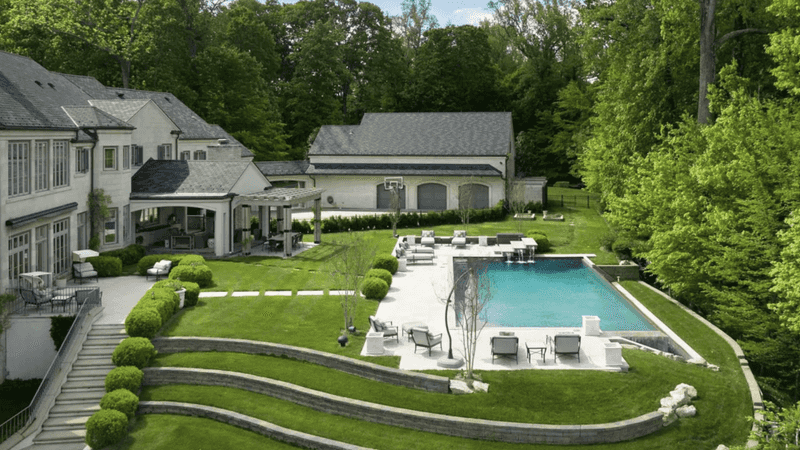
Installing a swimming pool might sound like a dream addition, but it doesn’t suit every buyer. Many view pools as potential hazards, particularly if they have young children. What starts as a plan to boost home appeal can quickly become a sticking point in negotiations.
The upkeep and costs associated with maintaining a pool can also deter potential buyers. Not everyone is willing to take on the financial burden of pool maintenance. The perception of pools as luxury items doesn’t always translate to increased property value.
For some buyers, the climate of their location plays a role. In colder regions, pools are used less frequently, making them less desirable. While a pool can be an asset, it can also limit your market, reducing the number of interested buyers.
3. High-End Kitchen Remodels
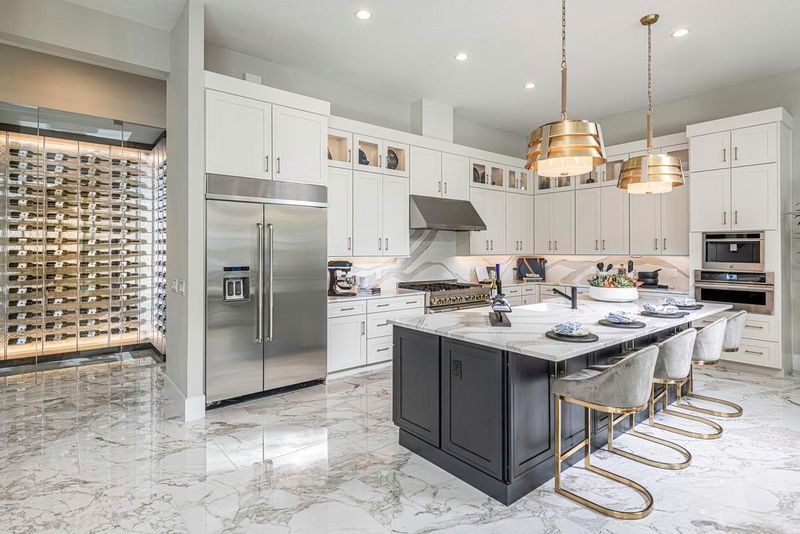
A kitchen is the heart of the home, but a high-end remodel can be overkill. While upgrades are attractive, buyers often don’t want to pay for luxury finishes they might not need. Spending big on gourmet appliances and marble countertops doesn’t guarantee a return.
Different culinary preferences mean that buyers might not appreciate every premium feature. Some might view these as excessive, preferring to invest in other areas or have different tastes in kitchen design altogether.
Moreover, trends in kitchen design change rapidly. What feels cutting-edge today might seem passé tomorrow. In many cases, a fresh coat of paint and updated hardware can achieve a similar impact without the hefty price tag.
4. Luxury Bathroom Upgrades
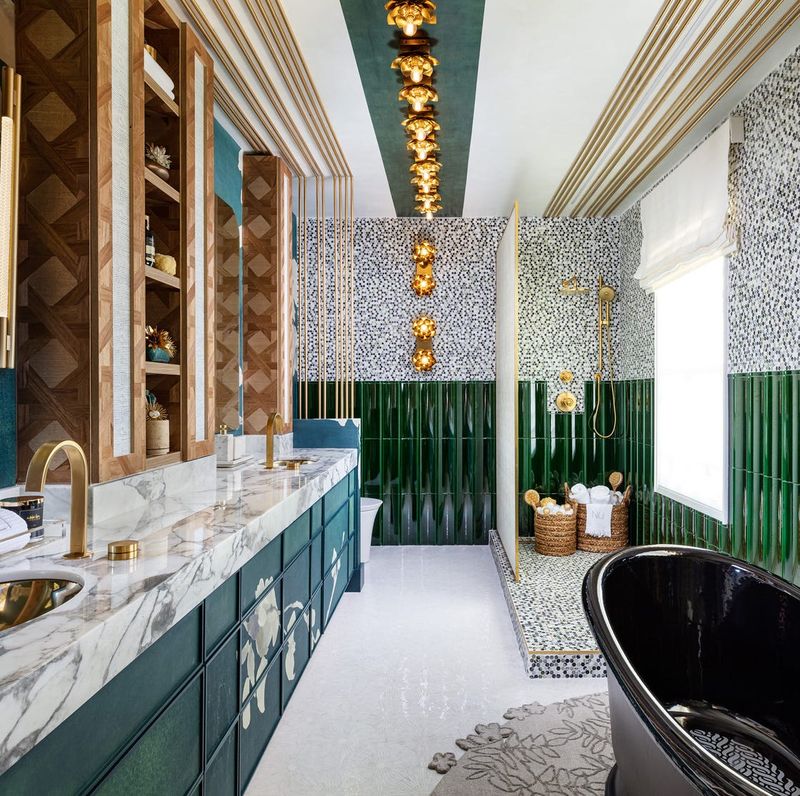
Bathrooms are spaces of comfort, but luxury upgrades might not be wise. Features like spa tubs, steam showers, and heated floors sound indulgent, yet most buyers prioritize functionality. These additions often come with higher price tags that aren’t recouped in sale prices.
The appeal of luxury bathrooms is subjective. While some people appreciate pampering, others see these elements as unnecessary. Buyers might focus on practical aspects like water pressure and storage, rather than luxury features.
Furthermore, these upgrades can sometimes feel too personal, limiting broad appeal. Buyers want to envision their own style, not inherit someone else’s. Keeping bathroom renovations simple often garners more interest and better returns.
5. Room Conversions (e.g., Garage to Gym/Office)
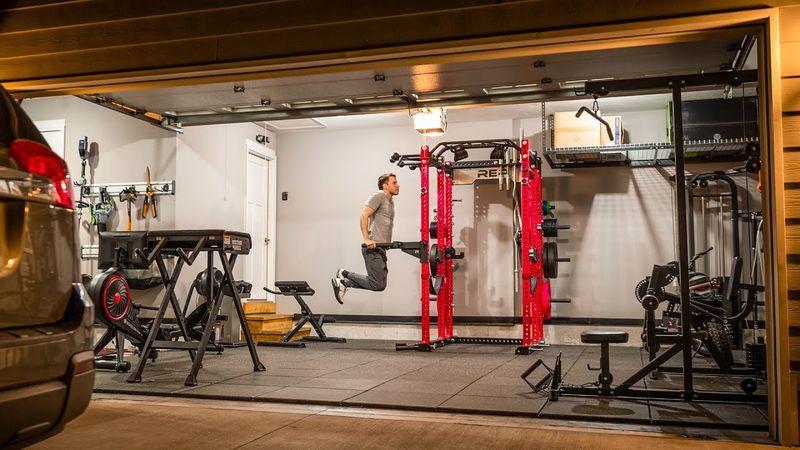
Converting a room, like turning a garage into a home gym, can backfire. While it adds usable space, it often removes practical storage that buyers need. For many, the original purpose of the room is more valuable than a specialized conversion.
Potential buyers might not share your enthusiasm for a home gym or office, seeking a traditional garage instead. Many prefer adaptable spaces that can cater to their individual needs without major alterations.
Additionally, these projects can lead to mismatches in neighborhood expectations. Buyers may wonder about the quality of the conversion and its impact on the overall property value. Retaining the room’s original function can safeguard appeal and avoid limiting potential buyers.
6. Wall-to-Wall Carpeting
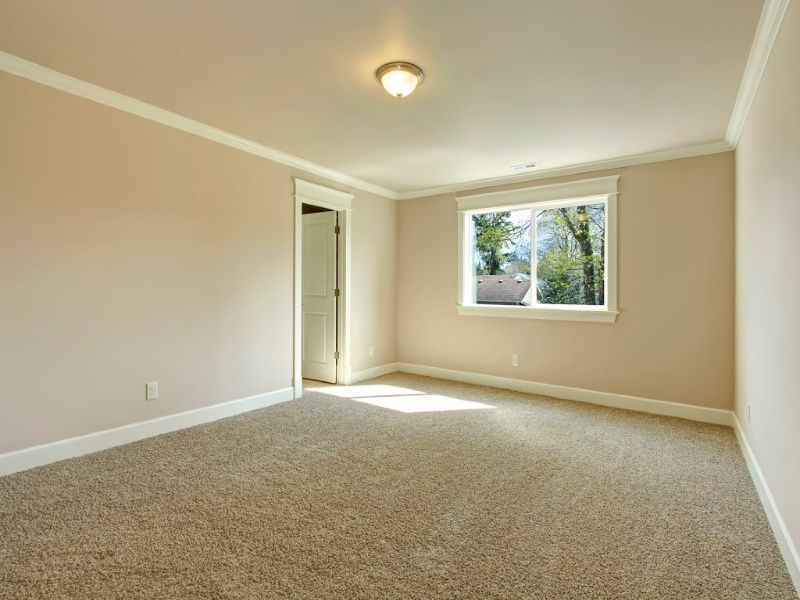
Carpeting a home from wall to wall might seem like a cozy update, but it often feels outdated. Many modern buyers see it as a concern for hygiene and maintenance, preferring hard flooring options like hardwood or laminate that are easier to clean.
Carpet styles and colors can be highly personal choices, and what suits your taste might not resonate with others. Buyers often want neutral, versatile spaces they can easily personalize with their flooring preferences.
Carpet can also signal a potential need for future renovations, deterring those looking for a move-in-ready home. In today’s market, offering simplicity and flexibility in flooring can attract a wider audience of potential buyers.
7. Built-In Electronics or Custom Entertainment Centers
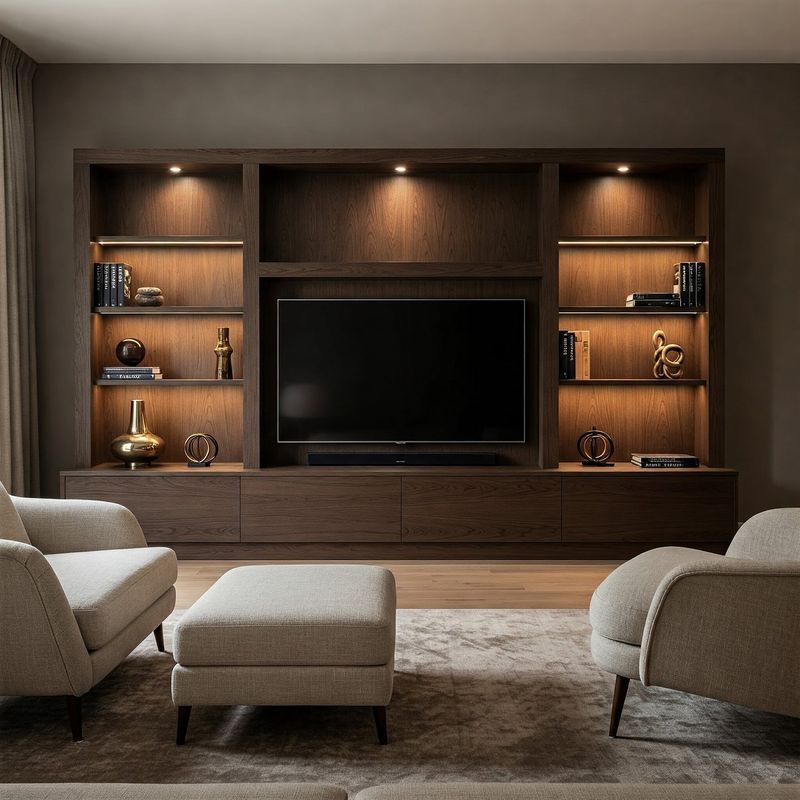
Built-in electronics and custom entertainment centers can date a home quickly. While they might look sleek now, technology evolves swiftly, and these features can soon seem obsolete. What’s cutting-edge today might be tomorrow’s outdated decor.
Buyers also have varying preferences for technology and media setups. A custom entertainment center that suits your needs might not align with others’. Buyers often prefer the freedom to design their own entertainment spaces.
Moreover, these installations can feel cluttered or overly specific, detracting from the room’s versatility. Offering a blank slate gives buyers room to envision their own setups, enhancing the home’s overall appeal.
8. Bright or Trendy Paint Colors
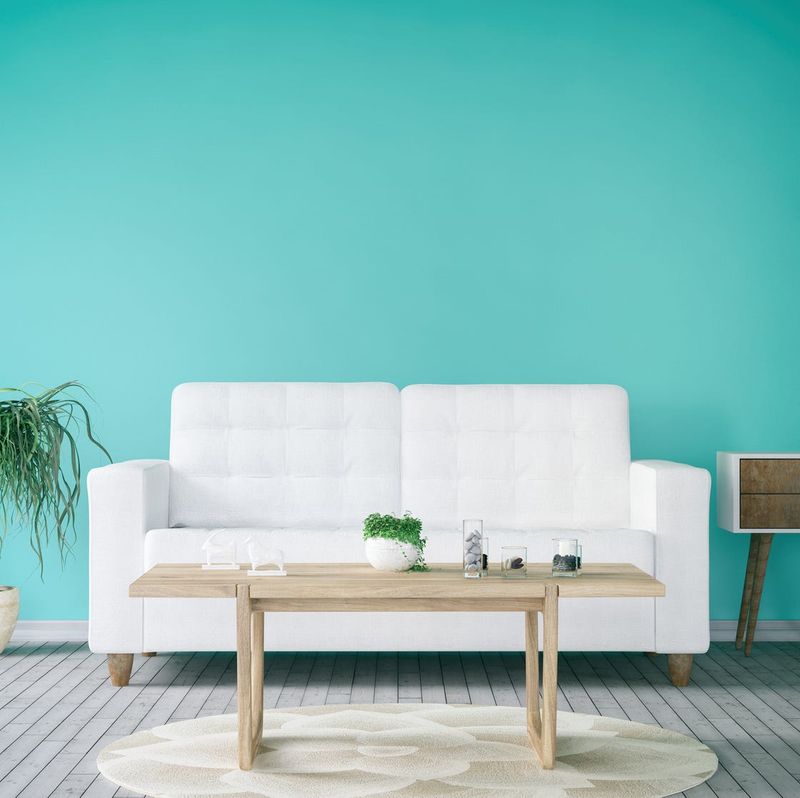
Paint colors are a personal choice, and bold or trendy shades can polarize potential buyers. While you might love navy or terracotta, others might see these as limiting their ability to personalize. Most buyers prefer neutral palettes that allow for greater customization.
Trendy colors can also date a home quickly. As styles shift, yesterday’s ‘in’ color can become tomorrow’s faux pas. When selling, a simple, clean backdrop appeals to the broadest range of tastes.
While a fresh coat of paint is one of the most cost-effective updates, it’s essential to choose wisely. Neutral tones increase the chance of attracting buyers, while bold colors might detract from the home’s versatility.
9. DIY Projects That Look Amateur
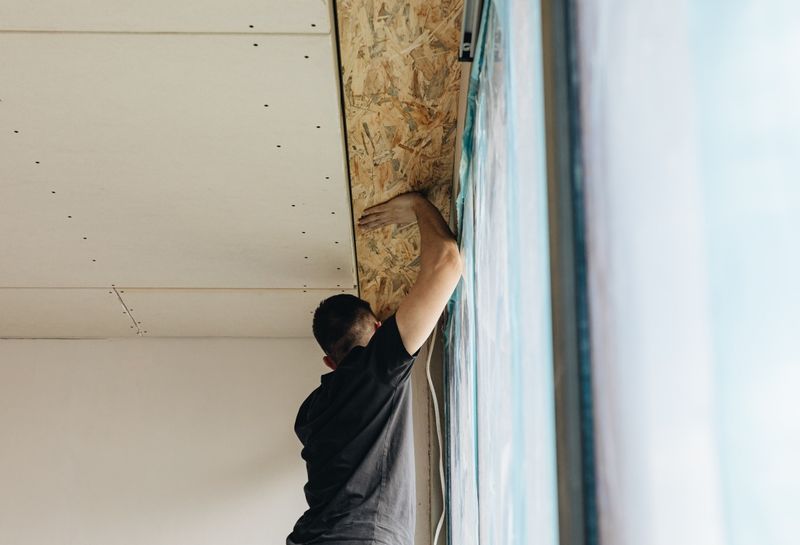
DIY projects can save money, but amateur workmanship might deter buyers. If fixes appear sloppy, they can raise red flags about potential underlying issues. Buyers might wonder about the quality of other unseen aspects of the home.
Additionally, unfinished or poorly executed projects can signal a lack of professionalism. While intentions might be good, buyers often prefer homes that seem polished and move-in ready.
For sellers, it’s crucial to evaluate if a DIY task is within their skill set. Professional help for more complex renovations can ensure quality and maintain the home’s appeal, boosting buyer confidence in the property’s overall condition.
10. Solar Panels on Lease
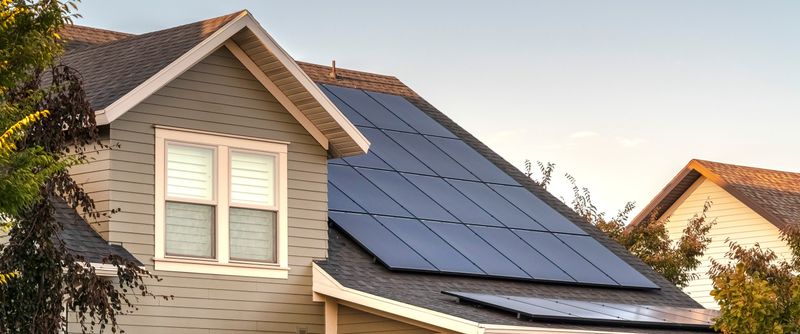
Eco-friendly upgrades like solar panels are increasingly popular, yet leased systems can complicate sales. Buyers may be reluctant to assume the lease contract, viewing it as an additional financial burden rather than a benefit.
While the potential for energy savings is appealing, the perception of leased panels as debt can deter offers. Buyers might prefer to install their own system under different terms.
Additionally, the complexity of transfer agreements can extend the selling process. For sellers, it’s vital to understand the implications of leased panels on their property’s market appeal and be prepared to address buyer concerns.

Comments
Loading…